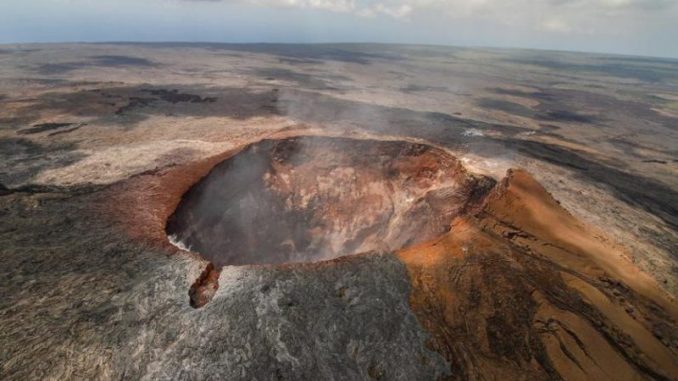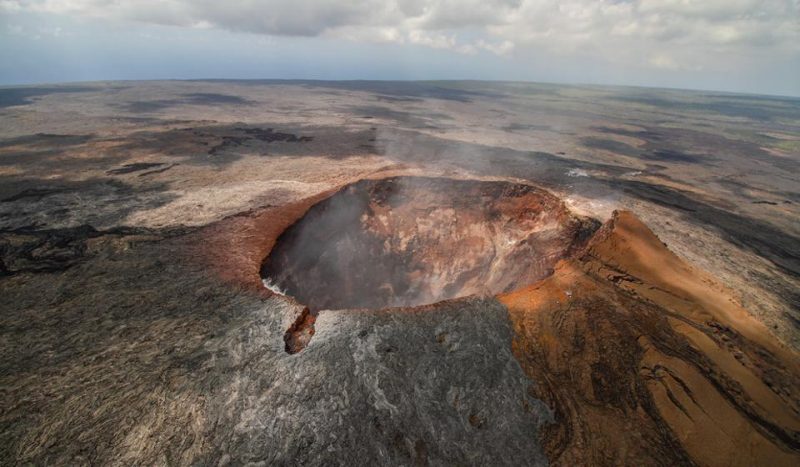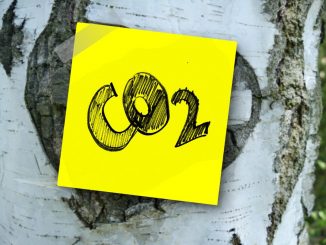

OAN Newsroom
UPDATED 3:10 PM PT – Thursday, November 3, 2022
It has been 38 years since the last eruption of the world’s largest volcano, but geologists warn it may be close to happening again.
As earthquakes shake the islands of Hawaii, the Mauna Loa volcano remains in what scientists call “a state of heightened unrest.” This is part of what worries experts, as they say this bears some similarities to previous eruptions.
Tina Neal, the Director of the U.S. Geological Survey’s Volcano Science Center, made a statement.
“There are a lot of similarities in the patterns that we’re seeing at the volcano now to prior to 1984’s eruption and prior to the 1975 eruption before that,” she said. “And that is an increasing the number of earthquakes below the summit of the volcano. Some indication of deformation or swelling of the volcano as the shallow magmatic system is, is receiving input of new magma.”
This has caused an alarm among residents who are fearful of a repeat of the aftermath of the 2018 eruption of Mount Kilauea.
“When you look at some development including residential development that has occurred in the highest hazard zones in Hawaii, those people should all be ready for such an eventuality,” Neal said. “And as we learn in 2018, things can happen quickly. The volcano can change behavior quickly.”
Mauna Loa is one of five volcanoes that makes up the island of Hawaii. The mountain is not the tallest of these, but it does make up the largest amount of the island’s mass. Its size is part of what worries geologists, as it could store much more magma. The steeper slopes along its side may also lead to faster moving lava flows once an eruption occurs.
As the event approaches, many are worried as they look back on the Mount St. Helens eruption of 1980. However, experts argue that it will be quite different.
Hannah Dietterich of the U.S. Geological Survey commented on the matter.
“So the volcanoes in Hawaii produce these very large wide volcanoes that are called shield volcanoes,” she said. “And that’s because the composition of the magma that’s being erupted there is very fluid. It’s erupting fluid, hotter and drier magmas than here, say, in Alaska or at Mount St. Helens, where the magmas are compositionally different.”
Due to the higher water content in its magma, Mount St. Helens exploded with a massive column of ash and dust, reaching some 80,000 feet high. The initial explosion of magma reached more than 13,000 feet.
As concerns grow, scientists agree there is a certainty of an eruption soon, although it will not happen immediately.
“It’s picking up in terms of unrest and this could lead to an eruption,” says Neil. “We are not smart enough yet to give you an exact time frame for when that will happen. But we do know it will erupt again.”






Be the first to comment